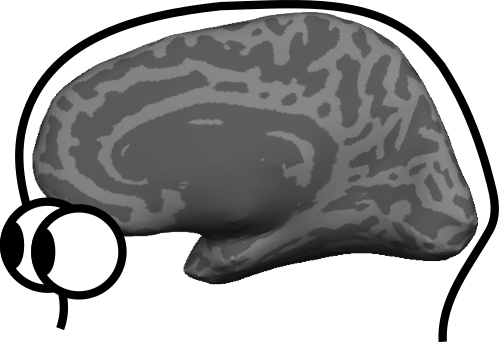NBE-E4530 - Special Course in Human Neuroscience V / Mapping, decoding and modeling the human brain, 07.01.2019-13.02.2019
This course space end date is set to 13.02.2019 Search Courses: NBE-E4530
Topic outline
-
Start date: Monday 7.1.2019 at 10.15, Place: F175a (otakaari 3)
Exam date: Wednesday 20.2.2019 at 10.00-13.00,
Place: F175a (otakaari 3)
Teaching: Mondays 10.15–11.00 (F175a), Wednesdays 10.15–12.00 (F175a)
Teacher: Linda Henriksson, linda.henriksson@aalto.fi, people.aalto.fi/linda_henriksson
Core content: This special course gives an overview of advanced approaches for analyzing and modeling human brain imaging data. The student will learn the main differences between univariate and multivariate analyses, and between encoding and decoding models. The students will also apply the different techniques to real data. The course will also give basic knowledge about the functional organization of the human visual system which will be used as a case example of how the different techniques are used in the context of neuroscientific questions.


Learning outcomes: After this course the student can
(1) list approaches for analyzing and modeling functional brain imaging data
(2) explain the difference between decoding and encoding models
(3) analyze brain imaging data using different approaches
(4) choose the appropriate analysis or modeling approach to new data
(5) critically review scientific literature on “brain decoding”Prerequisites: Matlab (or python if you don't need help..). Basic knowledge of functional brain imaging (preferably fMRI), human brain function and signal processing.
Recommended course: NBE-E4045 Functional Brain ImagingCredits: 5 ECTS
Teaching period: III, 7.1.-13.2.2019
Level of the course: Master’s and doctoral levelWorkload: Lectures/contact teaching 18 h, Reading and homework 36 h, Project works 60 h, Compiling a portfolio 8 h, Getting ready for exam 8 h, Exam 3 h (Total: 133 h)
Study Material: Lecture slides, book chapters, scientific articles.
Assessment Methods and Criteria: Project works (60%), Homework & Portfolio (20%), Exam (20%).Preliminary course schedule:
Grading:

-
Here you can ask questions related to the course. Everyone is encouraged to submit questions and answers.
-